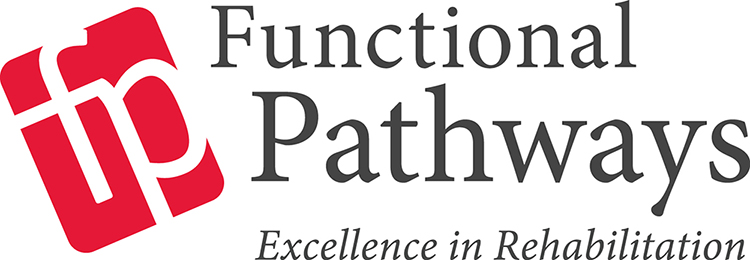What in the wild, wild world of rehab is going on here? There has been a mysterious cloud of confusion around the cognitive skills code for some time. We had 97532, not a Beverly Hills zip code, but a CPT code for the treatment of Cognitive Skills Development. Then the CPT Editorial Panel created CPT code 97127 to replace/delete CPT code 97532. That’s easy enough. Not sure why the change, but we can change codes, no worries. Then CMS announced they will recognize HCPCS code G0515, instead of CPT code 97127. Poor little 97127 never even got out of the brand new box it came in. So now we use G0515 for “Cognitive Skills Development” when billing Medicare (providers will have to check any non-Medicare payers may accept 97127 instead of G0515. And to add to the murkiness, 97127 is an occurrence based code, where G0515 is time based). The change in code number has not changed standing Medicare policies regarding the provision of and payment for cognitive therapy services. For example, like former code 97532, speech-language pathologists should not bill G0515 on the same day as CPT code 92507 (speech, language, voice, communication treatment).
Now onto the good stuff: When should we use this code? What are supporting diagnoses for this code? What is quinoa, really? I digress.
Speech-language pathologists evaluate and treat communication difficulties related to many causes, including cognitive deficits resulting from conditions such as dementia, stroke and traumatic brain injury. Although assessment and treatment of cognitive deficits are clearly in SLPs’ scope of practice, some public and private payers are putting up roadblocks to reimbursement for these services.
The definition of the CPT code G0515 is “Development of cognitive skills to improve attention, memory, problem solving (includes compensatory training), direct (one-on-one) patient contact, each 15 minutes.” This code should be used when there is an expectation of restoring the patient’s level of function (or significant improvement), which has been lost or reduced due to an injury or illness in a reasonable (and generally predictable) period of time. When these interventions are used in the setting of chronic, generally progressive, cognitive disorders, there must be a potential for restoration or improvement of function. Therapy performed repetitively to maintain a level of function is not eligible for reimbursement. (Novitas).
Payers are carefully scrutinizing clinical services targeting cognition. Private health plans often base cognitive treatment coverage on etiology (the underlying cause of the disorder), and specifically exclude some conditions that require cognitive treatment. Some LCDs deal with treatment and diagnosis codes SLPs use in providing cognitive evaluation and treatment. It is critical, therefore, to review any relevant LCDs, including the list of covered ICD and CPT codes.
For example, ICD codes R48.8 (other symbolic dysfunctions) and R41.841 (cognitive communication deficit) both can be used to capture cognitive deficits and support use of CPT G0515 (development of cognitive skills to improve attention, memory, problem solving, direct one-on-one patient contact by the provider; each 15 minutes). Additional ICD codes indicating the related medical condition may also be required and would dictate the SLP’s choice of diagnostic code assignment. (ASHA Leader, March 2017)
In summary, SLP’s should be using the Development of Cognitive Skills CPT-G0515 but should also ensure they are using the code appropriately and have clear documentation of medical necessity and the expectation of restoration or significant progress.


Comments (0)